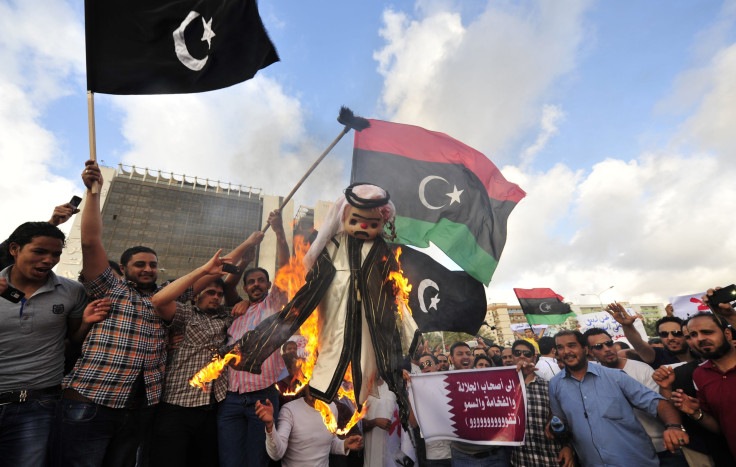Qatar Buckles Under Pressure From Saudi Arabia, UAE; Expels Muslim Brotherhood Leaders

Several Egyptian leaders of the Muslim Brotherhood living in exile in the gulf nation of Qatar have been asked to leave the country, Agence France-Presse, or AFP, reported Saturday.
“In order to avoid causing any embarrassment for the State of Qatar, which we found to be a very welcoming and supportive host, some symbols of the Muslim Brotherhood and its political wing -- the Freedom and Justice Party [FJP] -- who were asked by authorities to move their residence outside the state of Qatar, have now honored that request,” Amr Darrag, a senior Muslim Brotherhood leader, said in a statement posted on the group’s website.
Darrag also expressed his gratitude for the “great role of the State of Qatar in supporting the Egyptian people in their Revolution against the military junta.”
Since the Egyptian military, led by Abdel Fattah el-Sisi, came to power in the country through a coup in 2013, the Muslim Brotherhood has been labeled a terrorist organization. Many of the group’s exiled leaders have taken refuge in countries sympathetic to the Brotherhood, including Turkey and Qatar.
In the recent months, however, Qatar has come under increasing pressure from countries including Saudi Arabia and the United Arab Emirates, or UAE, to stop supporting the Brotherhood, which they view as a threat to their own governments. To this end, Saudi Arabia, UAE and Egypt have all pulled their ambassadors from Qatar.
The Gulf nations have also campaigned vociferously against the Doha-based Al Jazeera, whose journalists have been imprisoned in Egypt on charges of supporting the Muslim Brotherhood.
© Copyright IBTimes 2025. All rights reserved.






















